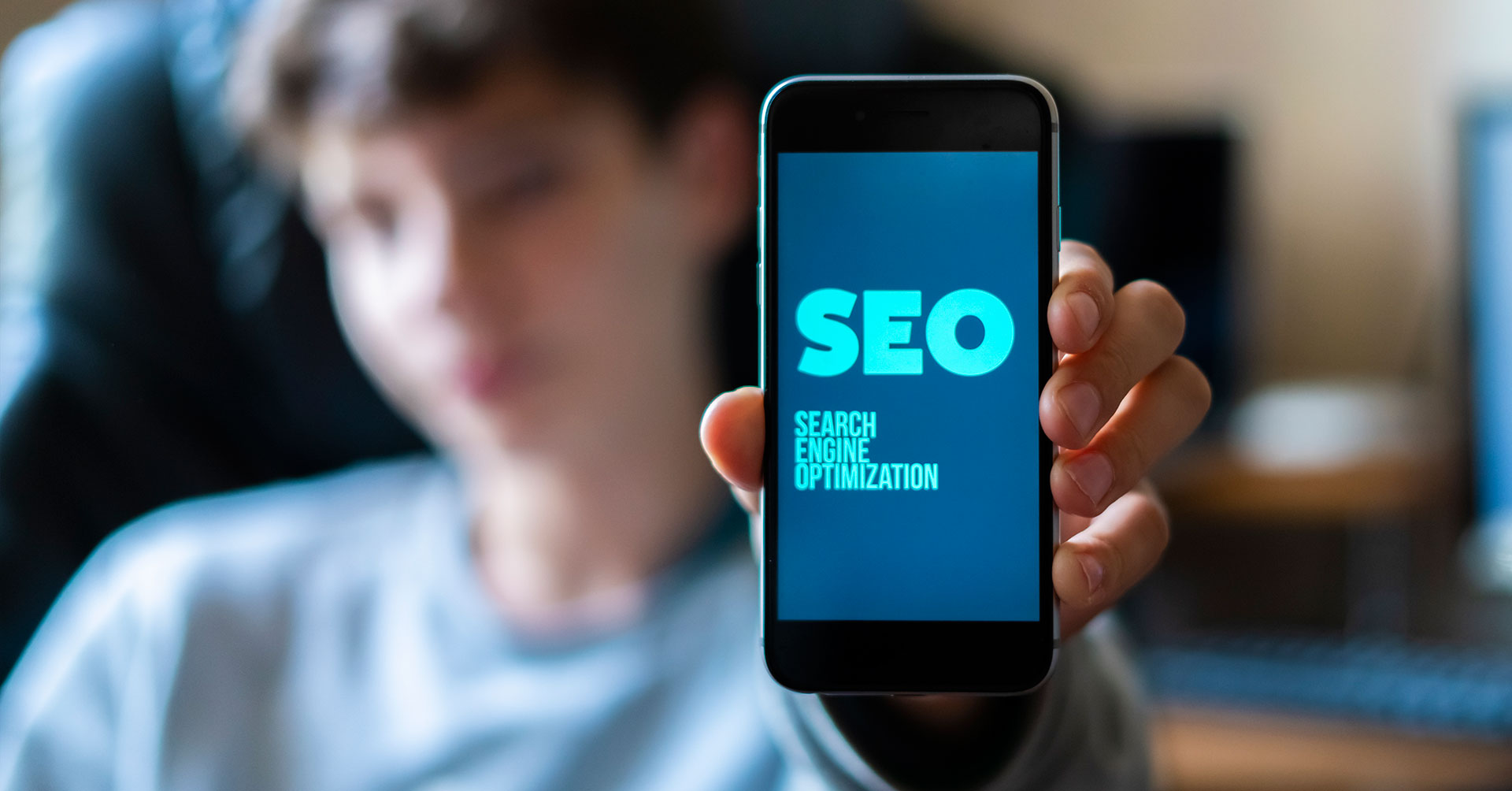Okay, close your eyes (stay with us) and imagine you are walking into your local cafe for your morning coffee. The barista greets you by name, already preparing your usual order. That friendly, personalised touch? That’s the type of experience your audience not only responds to, but has begun to crave in their day-to-day content consumption.
To tailor your marketing strategies for individual customer types and preferences is to place another brick in the road towards securing and building brand loyalty. Since the emergence of segmentation, artificial intelligence, data privacy and many other techniques, we have seen the powerful effect of personalised interactions between brands and consumers – 71% of consumers say they now expect personalised marketing.

Customising Content for Target Audiences
The first step in personalising your marketing strategy for the individual consumer is (you guessed it) understanding who your customer is! It is crucial to gain a deep understanding of your main demographic’s characteristics and engagement patterns – armed with this information, you can craft specific messages that directly address their unique needs and preferences.
Personalised content, aligned with the audience’s needs and wants, significantly boosts engagement. Whether it’s enticing clicks in emails, online surveys or fostering interactions on social media, personalisation acts as a catalyst for increased audience participation.
Gathering Customer Data
The collection of audience data is a pivotal element in delivering a personalised customer experience. Through segmentation companies can gain a deeper understanding of their target demographic, enabling the creation of messaging that resonates with them.
In today’s landscape of stricter privacy rules and disappearing cookies, brands must exercise caution in how they collect and utilise customer data. Establishing trust and providing value in exchange for data are crucial factors influencing consumers’ willingness to share information.
Data collection can take various forms, ranging from traditional lead capture forms to more user-friendly approaches, like on-site quizzes. The latter often involves asking users about their preferences, followed by an email opt-in, promising tailored recommendations.
Utilising AI to Comprehend Customer Behaviour
Many personalisation tools leverage AI to both collect customer data and enhance the overall user experience. These tools can analyse website behaviour to assist in the personalisation of the customer experiences; strategically triggering SMS, social, or email marketing messages during the key points of a customer’s journey.
Utilising a variety of AI techniques is a successful way of personalising several steps in the customer journey. Customer service chatbots offer support and suggestions based on user inputs, which can inform follow-up marketing messages. A/B testing is also commonly employed to optimise automated personalised marketing through SMS messages, push notifications, and email subject lines. Implementing dynamic website views allows different users to see tailored versions of a website, showcasing specific deals or content relevant to their purchase behaviour.
The utilisation of Personalised Marketing is a crucial step in every comprehensive strategy development. With every technique utilised, AI algorithm implemented and survey conducted – you are one step closer to becoming just as important as your consumer’s favourite barista!




